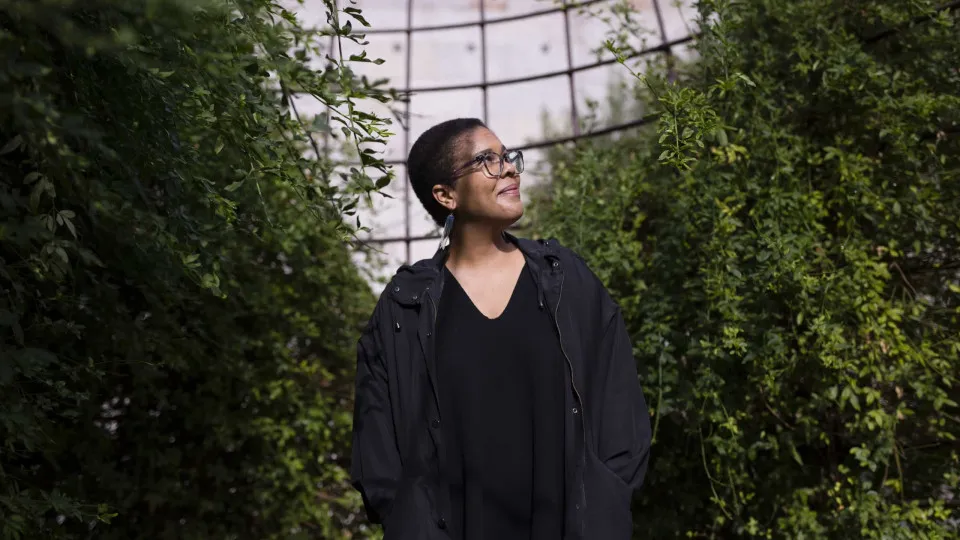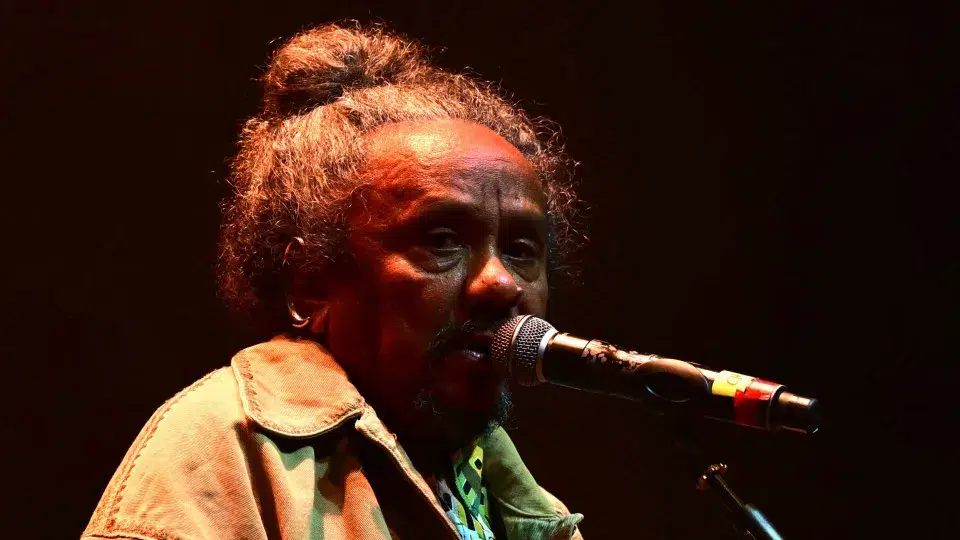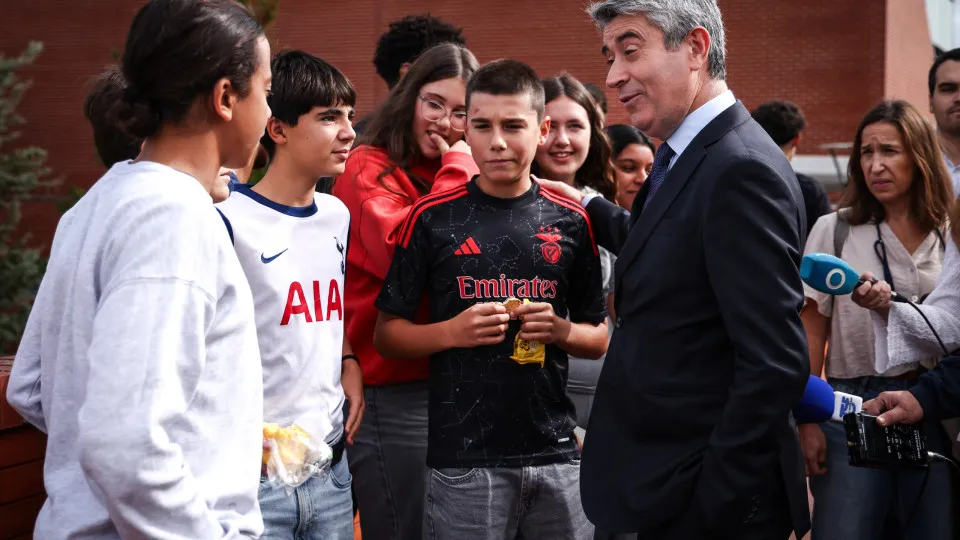
This book “captivates the reader with its human scope and the richness of its fictional construction. By placing the narrative in the first person singular, it is through the author’s experience and memories that the autobiographical symptom of the novel emerges,” stated the jury, chaired by Guilherme d’Oliveira Martins.
“In a fast-paced, intermittent style, sometimes almost delirious and dreamlike, Djaimilia Pereira de Almeida provides access to the intricacies of psychological illness that justify behaviors, attitudes, yearnings, and everything that life’s dramas absorb in strange, yet strong, scenes of daily life—such as the colonial violence in Angola or racism in Portugal,” the jury further noted.
“A violent work, aesthetically well-constructed in various narrative registers, ‘Livro da Doença’ constitutes a significant moment in the historical memory of Portuguese-language literature,” the jury emphasized.
Born in Luanda in 1982, the Portuguese-Angolan author holds a degree in Portuguese Studies from the Faculty of Social and Human Sciences of the New University of Lisbon, a master’s in Literary Theory (2006), and a doctorate in Literary Studies (2012) from the Faculty of Letters of the University of Lisbon.
Djaimilia Pereira de Almeida made her literary debut in 2015 with the novel “Esse Cabelo.” Last year, she was awarded the Grand Prize for Romance and Novel by the Portuguese Writers Association for ‘Toda a ferida é uma beleza’ (2023).
Her bibliography includes ‘Luanda, Lisboa, Paraíso’ (2018), ‘Três Histórias de Esquecimento’ (2021), ‘Ferry’ (2022), and ‘O que é ser uma escritora negra hoje, de acordo comigo’ (2023).
This year, the author was honored with the Vergílio Ferreira Prize, awarded by the University of Évora, for her body of literary work.
Alongside Guilherme d’Oliveira Martins, the jury included José Manuel Mendes from the Portuguese Writers Association, Manuel Frias Martins from the Portuguese Critics Literary Association, Maria Carlos Gil Loureiro from the Directorate-General for Books, Archives, and Libraries, Ana Paula Laborinho and José Carlos de Vasconcelos, invited individually, and Dinis de Abreu from Estoril Sol.
Last year’s winner was the novel ‘Revolução’ by Hugo Gonçalves.




